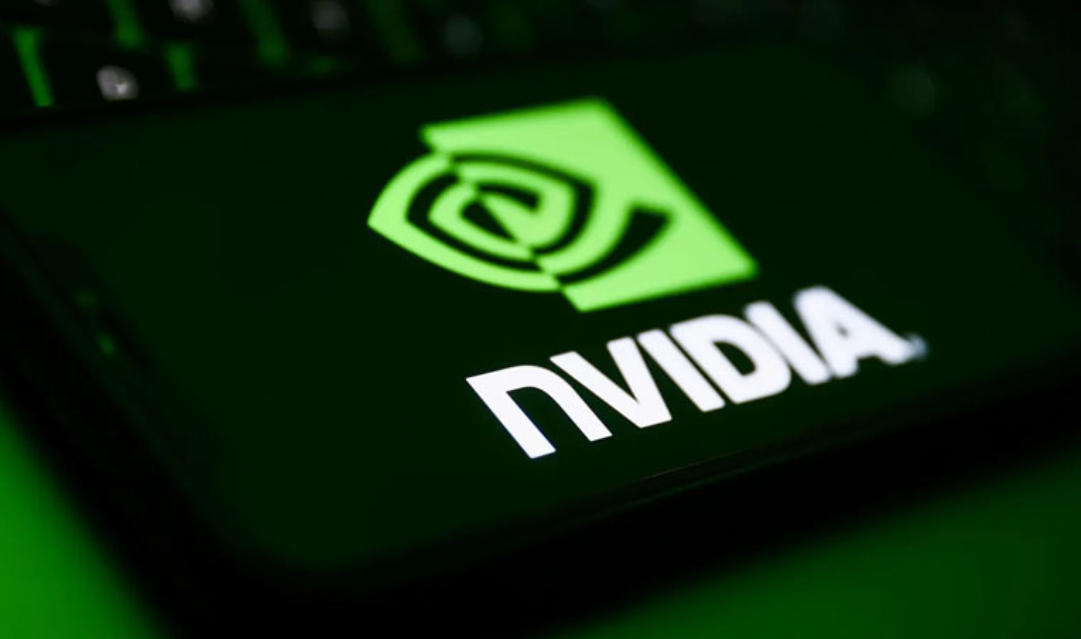Strong Demand for Nvidia AI Chips Drives Supply Pressure
NVIDIA CEO Jen-Hsun Huang revealed at a Goldman Sachs conference that suppliers are struggling to ramp up production to meet demand as demand surges and supply pressures increase with it.

NVIDIA has recently faced supply chain challenges due to strong demand for its next-generation Blackwell chips.
Speaking at a Goldman Sachs conference, the company's CEO Jensen Huang revealed that as demand surges, supply pressures increase, and suppliers are doing their best to ramp up production to meet demand. However, chip production is still unable to keep up with market demand, and some customers are unhappy with supply shortages as a result.
Many customers are vying to become market leaders, and the lack of supply is further exacerbating this tense situation. Nonetheless, NVIDIA said they will do their best to ensure product supply, but the current supply bottleneck still needs to be overcome.
NVIDIA outsources the production of chips to TSMC (TSMC). Jensen Huang said that TSMC has demonstrated a high degree of flexibility in responding to NVIDIA's needs, and its leading technological capabilities are the reason why NVIDIA continues to choose TSMC as its primary supplier.
Although NVIDIA has considered transferring some of its production orders to other suppliers, Jensen Huang admits that this could affect the quality of its products and adversely affect the company's competitiveness in the market. Although NVIDIA maintains a strategy of supply chain diversification, it is still largely dependent on TSMC and remains open to future partnerships.
Meanwhile, demand for NVIDIA's high-end AI chips is expanding from enterprises to sovereign nations.
According to reports, the U.S. government is considering whether to approve NVIDIA's export of its latest H200 chip to Saudi Arabia, which would help the country make progress in training and running AI models.
The potential export case was at the center of discussions during the Global AI Summit in Saudi Arabia. It is understood that relevant Saudi officials are actively working with the U.S. government to ensure that its security requirements are met and to accelerate access to these critical technologies.
In terms of export restrictions on AI chips, the U.S. government last year imposed a strict export licensing regime on the Middle East, particularly the UAE, to prevent these advanced technologies from flowing into China.
Although Saudi Arabia once maintained cooperative relationships with Chinese companies, the country has gradually reduced its reliance on Chinese technology in recent years in order to comply with U.S. export control policies. However, Saudi Arabia has maintained flexible ties with China as a balancing strategy against future supply chain uncertainty. If the U.S. stops supplying the Saudis with state-of-the-art chips, the Saudis may revert to seeking cooperation with China.
Disclaimer: The views in this article are from the original Creator and do not represent the views or position of Hawk Insight. The content of the article is for reference, communication and learning only, and does not constitute investment advice. If it involves copyright issues, please contact us for deletion.